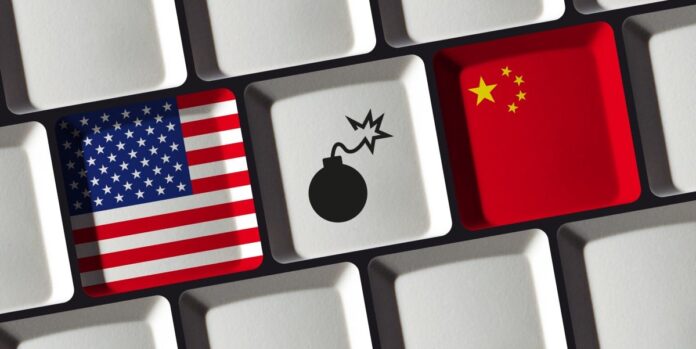Chinese chip designer Sophgo, a suspected supplier of AI silicon to Huawei, has been added to the USA’s “Entity List” of orgs felt to represent a national security risk and therefore prohibited from working with American companies unless a license is issued to allow such dealings.
Sophgo earned a certain notoriety in October 2024 when Taiwanese chipmaker TSMC reportedly stopped building chips for the company after it placed an order for a device that greatly resembled silicon found on Huawei’s Ascend 910B AI accelerator. Huawei denied ever doing business with Sophgo, which also denied any association. Both could have been telling the truth : production of hardware is often outsourced and bills of material can vary across different batches of a product. Counterfeit semiconductors are also know to exist making it possible someone slapped Sophgo’s name on some components.
Whatever the truth of the matter Sophgo’s addition to the List is no surprise because Huawei has been on it for years, and TSMC is bound to flag links to the pariah company or risk fines.
The Bureau of Industry & Security announcement of changes to List [PDF] also mentions an un-named addition that earned its place for “involvement in development of lithography technology for advanced-node fabrication facilities in China.” The company’s work is felt to help China produce chips for military applications and US policy is not to let the Peoples Liberation Army access advanced computing tech.
- Congress to Commerce: Sanction more Chinese chip firms to stop Huawei’s evasion
- GlobalFoundries fined $500K for violating US sanctions
- Tesla, Intel, deny they’re the foreign company China just accused of making maps that threaten national security
- US tightens export controls on quantum kit and chips for China, Iran, Russia
-
Three companies have been allowed to exit the list: Indian Rare Earths, the Indira Gandhi Atomic Research Center, and the Bhabha Atomic Research Center.
India has developed and demonstrated nuclear weapons, is a “Major Defense Partner” of the USA and in recent years has drawn closer even as it continues an unusually cooperative relationship with Russia.
But the Bureau is happy to lift restrictions on the Indian outfits because the US and India “share a commitment to advancing peaceful nuclear cooperation and associated research and development activities” and have in recent years also increased their scientific collaborations.
Before we go, Sophgo’s addition to the List could get interesting for another reason: it’s use of the permissively-licensed RISC-V instruction set architecture in some products. China is making a massive effort to design and produce RISC-V silicon that can match the performance of products that the likes of Nvidia, Intel, and AMD are not allowed to sell to Middle Kingdom customers. RISC-V is freely available intellectual property and those who work with it can share their innovations freely. It is unclear if Sophgo’s inclusion on the Entity List will complicate matters for those who share their work if it ends up in a Chinese chip. ®

